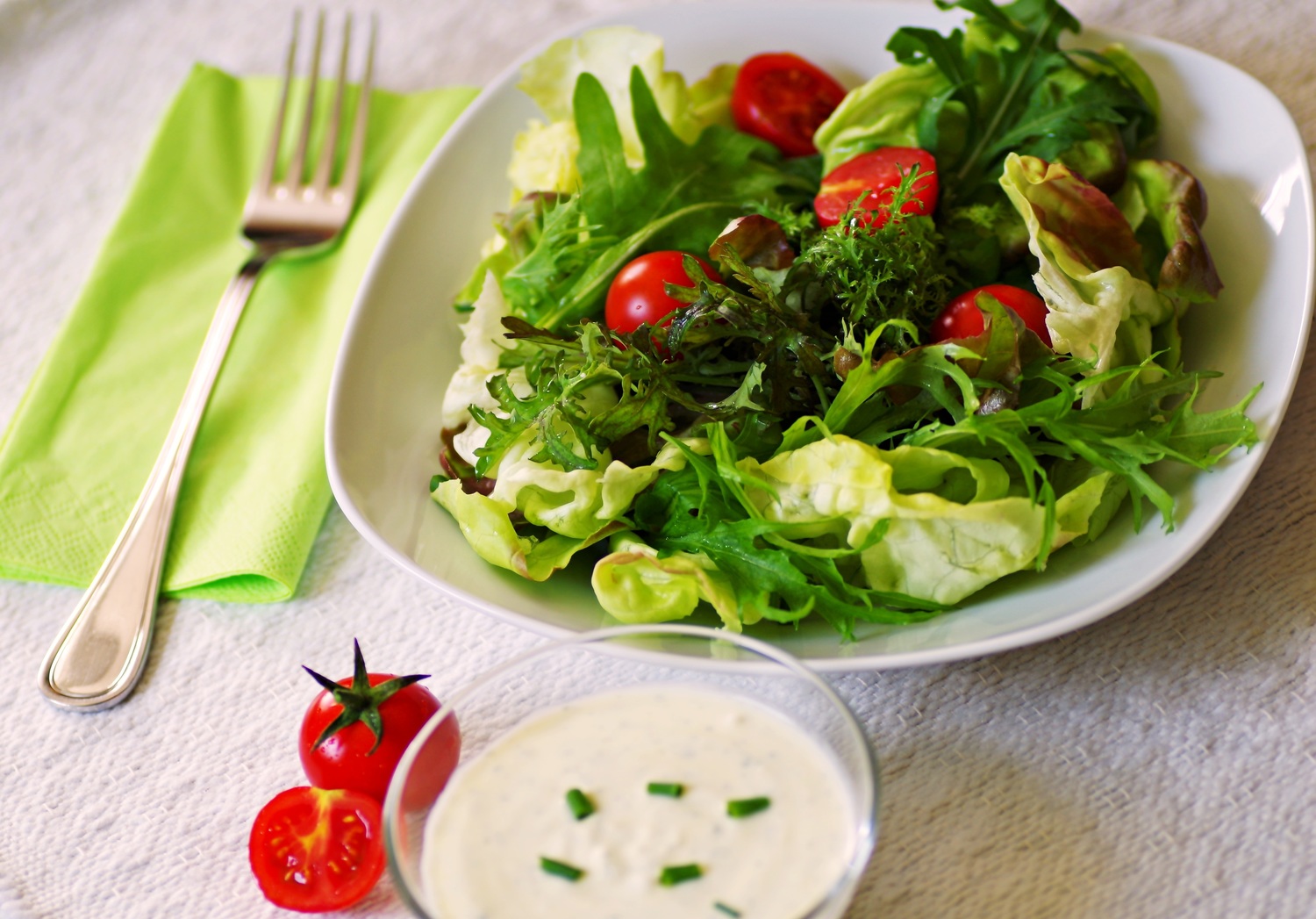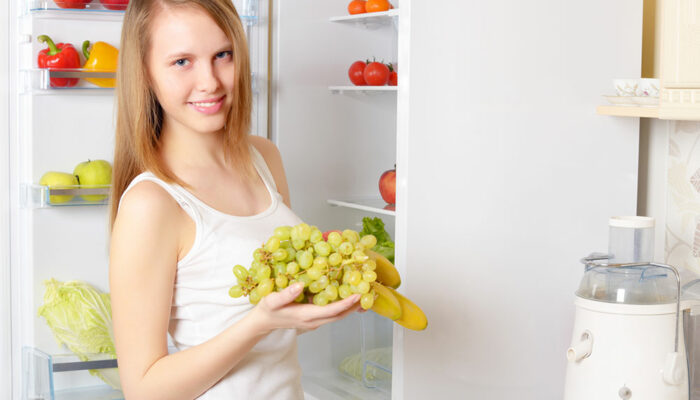
Dietary Tips for Hypertension
Gestational hypertension is a syndrome that is characterized by high blood pressure, proteinuria, and edema. This syndrome usually develops after 20 weeks into the pregnancy. Blood pressure, in this situation, will be consistently recorded above 140/90. Some of the risks attached to this syndrome are placental abruption, poor fetal growth, stillbirth, seizures, and death of mother and child. There are very limited drug treatment options, as there is a risk of antihypertensive medicines affecting the fetus negatively. Gestational hypertension should be closely monitored to avoid the risks attached to it.
An appropriate healthy diet during pregnancy will help avoid gestational hypertension complications. A good healthy diet is vital to fetal brain development, healthy birth weight, and to counter several pregnancy-related complications. Hence, a pregnant woman should give utmost importance to their diet. The following are the guidelines for a balanced diet during pregnancy to counter gestational hypertension:
- The diet intake during pregnancy should include a variety of foods containing optimal calories. Moreover, they should be rich in protein, calcium, potassium, vitamin A, sodium, iron, and folic acid.
- Foods containing sodium may be restricted in case of edema or high blood pressure.
- Salt aids in balancing the fluids required by the body during pregnancy. Hence, salt may not be restricted even if pregnant women are hypertensive.
- Small and frequent meals are ideal for easy digestion.
- Fasting and missing meals are detrimental to the overall health during pregnancy.
- Low fat or skimmed milk is rich in protein and contains low calories. Other dairy products such as cottage cheese and yogurt are rich sources of calcium, too.
- Green leafy vegetables, rice flakes, cauliflower, amaranth, mint, soybean, moth beans, cowpea, and ragi malt are rich in iron and should be a part of the daily diet. They help balance the hemoglobin in the blood.
- Several fruits such as oranges, sweet limes, watermelon, muskmelon, pears, guavas, figs, apples, and plums are a rich source of iron, vitamins, and fiber. These fruits should also form part of the daily diet.
- Soya milk, whole pulses, and whole cereals are other foods that are rich in calcium. At least four servings of calcium-rich foods can be consumed for a risk-free pregnancy.
- Carrots, eggs, pumpkins, spinach, and green leafy vegetables are a rich source of vitamin A, which should be part of one’s every-day diet.
- Grams, such as chickpeas, green gram, black-eyed beans, and red kidney beans, are a rich source of iron, potassium, and protein. They may be sprouted, boiled, or roasted and eaten as snacks. These foods are a healthy substitute for unhealthy packed and canned foods.
- Foods like ragi and wheat are also rich in potassium and make up for a balanced diet.
- Coconut meal, colocasia ion, coriander seeds, sweet limes, apricots, cherries, and muskmelon are also a rich source of potassium which is an essential part of the diet during pregnancy to maintain a healthy body.
- Water is of paramount importance to keep the bowels regular. Six to eight glasses of water is recommended.



